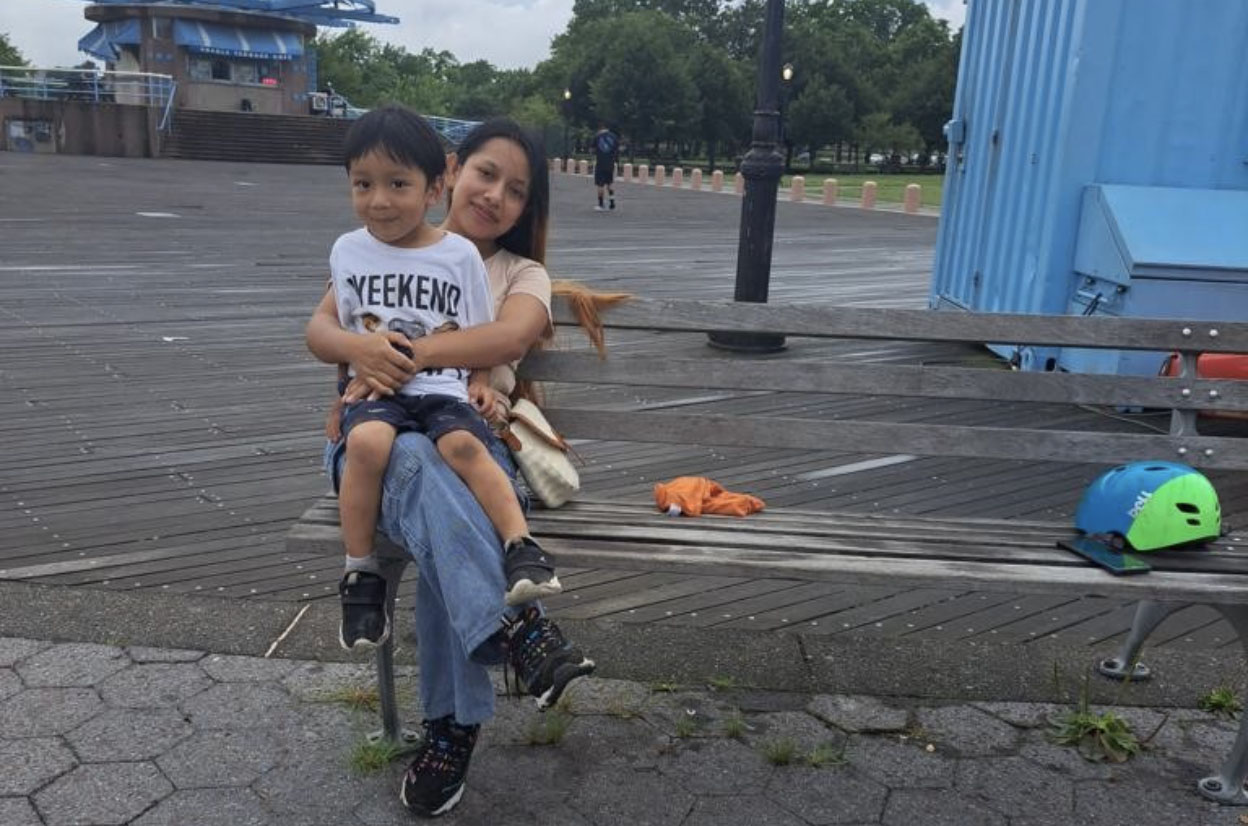
Like most parents, Hilaria would do anything for her child. She wanted her son, now 3, to be able to go as far as his abilities could take him—but, being in a new country, not speaking the language, she didn’t know how or where to start. Navigating the education system was daunting, and she didn’t understand what she was expected to do.
Thankfully, friends and family referred her to The Child Center of NY’s Early Head Start Corona program. Here, she is getting the bright start she wanted for her son. Like all Child Center families, she’s also getting so much more, including support for herself so she can pursue her own goals—which, in turn, increases her ability to raise her son so he can thrive.
Here is Hilaria’s story in her own words, in her native language.
“Desde que nació mi hijo, quise lo mejor para él. Pero es difícil darle a su hijo lo que necesita cuando no se sabe lo que es. Esta fue la situación en la que me encontré cuando emigré a este pais. Nuestra vida familiar no era la mejor, y yo no sabía nada sobre el sistema educativo. Estoy muy contenta de haber encontrado The Child Center. La gente de allí me ayudó con todas estas cosas.
The Child Center ha sido especialmente útil para mí en mi papel como padre. Gracias a los servicios de visitas domiciliarias, he aprendido a ser una madre cariñosa.
“I encouraged Hilaria to get mental health services. At first, she didn’t know what that was. I explained to her the process and benefits. She was comfortable with me because she and her son were in ParentChild+, where I was their home visitor. They received toys and books every week. The age-appropriate activities and the guidance I offered helped her interact better with her son and build a relationship with him. These activities are preparing him for 3K. Hilaria is always engaged as a parent, no matter the challenges.”
—Judith Leon
Home VisitorAhora entiendo la importancia de compartir más tiempo con mi hijo y hacer actividades juntos. Este programa le ha enseñado a mi hijo los números del 1 al 10, los colores y las letras. Mi hijo listo para comenzar el programa 3-K [programa preescolar para niños de 3 años], y me siento orgullosa de saber que ya sabe algunas de las cosas que aprenderá en la escuela. Todos los servicios que este programa le ha brindado a mi hijo han sido útiles para su educación futura.
Espero aprender más sobre su educación. Como padre, tengo algunas metas para él, como ponerlo en una escuela de música y programas deportivos. También tengo metas para mí. Ahora que mi hijo asiste a la escuela, tendré más tiempo para lograrlos. Recientemente he logrado mi objetivo de encontrar empleo. Estoy vendiendo comida preparada por mi. En el futuro, me gustaría tomar clases de GED y ESL.Estoy muy contenta de que la gente me haya referido al Centro Infantil. Si alguien acude a mí con preguntas sobre la educación de su hijo, al igual que yo acudí a las personas en mi vida en busca de consejo y orientación, les diria que no lo piensen dos veces ya que en este programa sus hijos comenzarán a aprender a una edad temprana y estarán listos para la escuela cuando cumplan tres años. Además, nosotros, como padres, aprenderemos sobre las áreas de desarrollo, cómo establecer metas y cómo crear rutinas; esto se enseña en un grupo llamado Grupo de Socialización que ofrece este programa.
“Most families who experience what this family experienced are hesitant to open up. This family was a bit difficult to connect with, and to ensure they understood the dynamics and purpose of therapy. Still, finally, we were able to offer therapy for the mom and child. During the process, I offered the mom emotional support, as well as connections like Safe Horizon for support groups and services like SNAP benefits [food stamps]. I reminded her of appointments and checked in with her about changes so I could collaborate with her for a solution.”
–Maria Leal, Parent Peer Advocate, 0-3 Early Childhood Mental Health InitiativeRecomiendo este programa a las familias que tienen niños menores de tres años porque los servicios que brindan son únicos en la comunidad. Los programas de calidad para la primera infancia para niños menores de 3 años son difíciles de encontrar en mi área. Agradezco que las personas que trabajan en Early Head Start dThe Child Center entienden y hablen mi idioma. Y aunque no sabía esto cuando inscribí a mi hijo, The Child Center ofrece muchos más servicios de los que usted busca, y eso es realmente único y útil más allá de toda medida.”
The Child Center of NY: One-Stop Shop
At The Child Center, we understand that serving the whole child, family, and community is integral to serving children. But when you live below the poverty line, seemingly small things, like taking time off from work and traveling to multiple sites for services in a language you don’t understand, are huge barriers to care. That’s why we put our understanding into practice by serving multiple needs under one roof, right in the neighborhoods where our clients live.
Here’s how it worked for Hilaria. Click on the blue links for quotes from the team members who assisted Hilaria and orange links for program information.
- Early Head Start
- Mental health services, through a grant from the Child Welfare Fund
- Domestic violence support through a DOVE grant from Council Member Tiffany Cabán
- ParentChild+
- Necessities like shoes and food through our partnerships with Soles4Soles and NY Common Pantry
- Cool Culture Card to connect families to museums and other culturally enriching activities
- Health consults and support, including breastfeeding guidance with our nurse practitioner; workshops through our partnership with Northwell Health; and nutrition consultation
- Compassionate and knowledgeable guidance navigating services for her son’s disability
“As a family worker, I am here for families to connect them to whatever they need, and they come to trust my guidance even about difficult things. For this family, I assisted Hilaria in providing information about the benefits of Early Intervention services. I talked to her about the evaluation process so it would be less scary and she knew what to expect. Hilaria was initially scared to have her son evaluated due to misinformation from other people, but the information helped her continue with the evaluation process without any fear of the results.
Throughout the years, I have noticed big progress in their lives. Language was sometimes a barrier to services for Hilaria, so I assisted her with translation when she needed it. Her English improved by being around people who speak the language and from her son’s home visitor, who provided activities in English too. She has more knowledge about her son’s education; and she has a wonderful mindset, always looking for information that can benefit both of them in the future.
Now Hilaria’s son is ready for 3-K. I assisted her with registering for a program closer to where they live. Hilaria was new to the Department of Education website, and I helped her navigate it so that now she is comfortable with the system. Hilaria has gained a new confidence by acquiring these skills and knowledge. The skills, the knowledge, and especially her confidence will benefit her son throughout his academic journey. They are well on their way!”
— Sandra Quizhpi, Family Worker
“As an Early Head Start Mental Health Consultant, I supported Hilaria to obtain therapy. I also supported Judith in identifying and discussing goals and strategies to support this family.”
–Rosana Hernandez, MS, BC-DMT, L-CAT, Perinatal & Infant Mental Health Consultant
“Hilaria and her son began therapy after ACS’s child protective services became involved with the family. They maintained a consistent space in therapy to discuss the difficulties of having child protective services involved, as well as to process the event that led to their being involved. Hilaria was able to work on her communication skills with her partner to improve the dynamic in the home. She also began processing her own trauma history and how it impacted her parenting skills. Due to her trauma history, mom developed awareness about the lack of trust she had for others especially when it involved client (i.e., someone taking care of client when she was unable to). Overall, the family was able to work on their dynamic, as well as Hilaria’s being able to be receptive to her son’s needs—a crucial part of parenting.”
–Arielis Rosales, MHC-LP, 0-3 Trauma Therapist, Early Childhood 0-3 Trauma Program
The Child Center has been especially helpful to me in my role as a parent. Because of the home visiting services, I have learned how to be a caring mom. Now I understand the importance of sharing more time with my son and doing activities together. This program has taught my son the numbers 1-10, the colors, and letters. He is ready to start the 3-K program [preschool program for 3-year-olds], and I feel proud knowing that he already knows some of the things that he will be learning at school. All the services that this program has provided to my son have been helpful for his future education.
I look forward to learning more about his education. As a parent, I have some goals for him, such as putting him in a music school and athletic programs. I also have goals that I would like to achieve for myself. Now that my son is attending school, I will have more time to achieve them. I recently have achieved my goal of finding employment. I am now selling food that I make. In the future, I would like to take GED and ESL classes.
I am so glad people referred me to The Child Center. If someone comes to me with questions about their child’s education—just like I went to the people in my life for advice and guidance—I would let them know not to think twice about this program because their children will start to learn at an early age and be school-ready when they turn three years old. Also, we as the parents will learn about developmental areas, how to set up goals and how to create routines; this is taught in a group called “Socialization Group” that this program offers. I recommend this program to families that have children under three years old because the services provided by them are unique in the community. Quality early childhood programs for children under 3 are hard to find in my area. And I appreciate that The Child Center’s Early Head Start is staffed by people who understand me and speak my language. And though I didn’t know this when I enrolled my son, The Child Center offers so many more services than you go in for—and that is really unique and helpful beyond measure.”
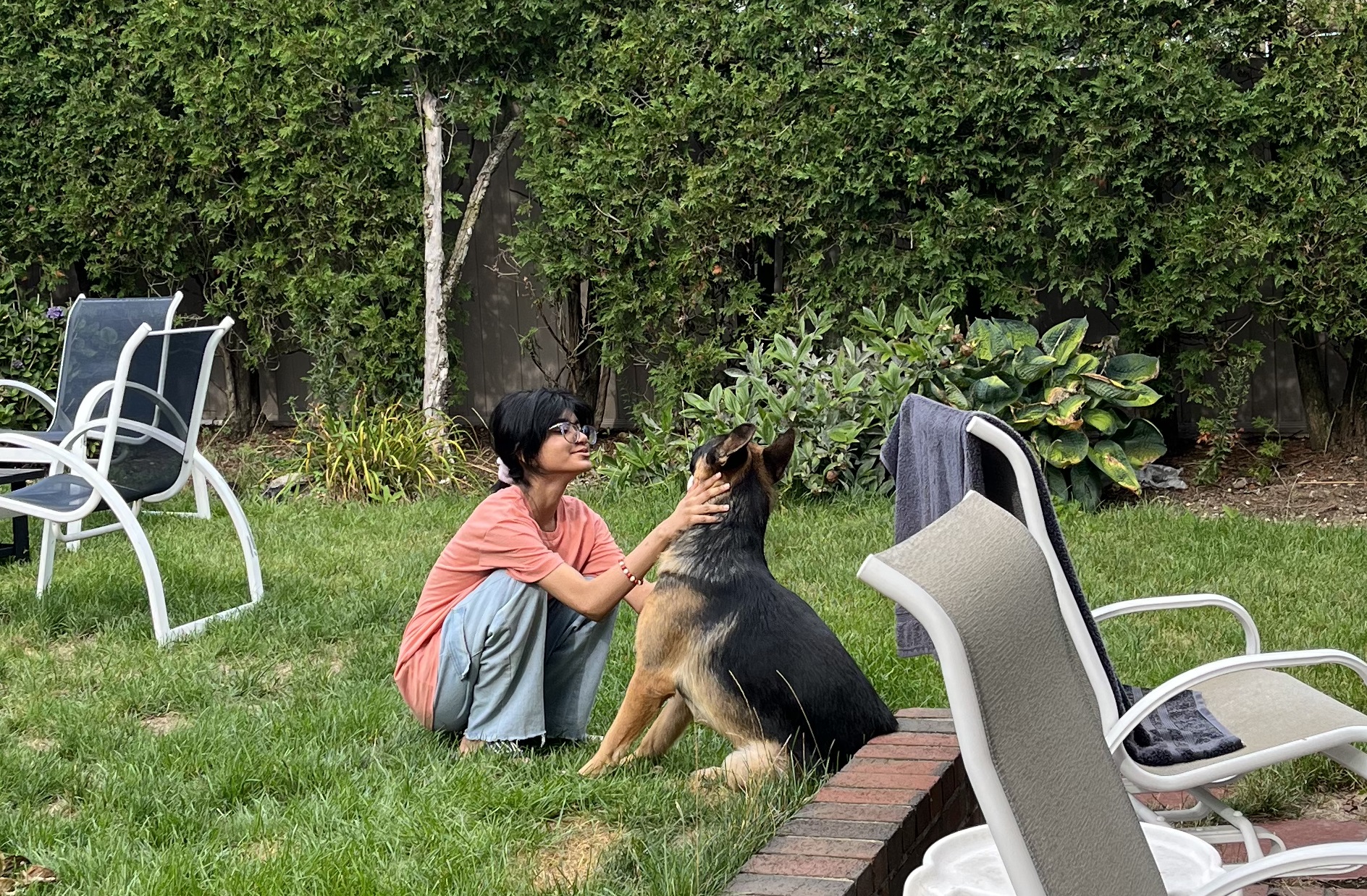
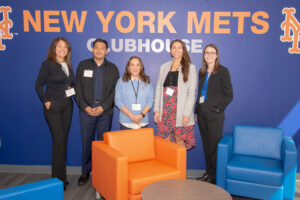
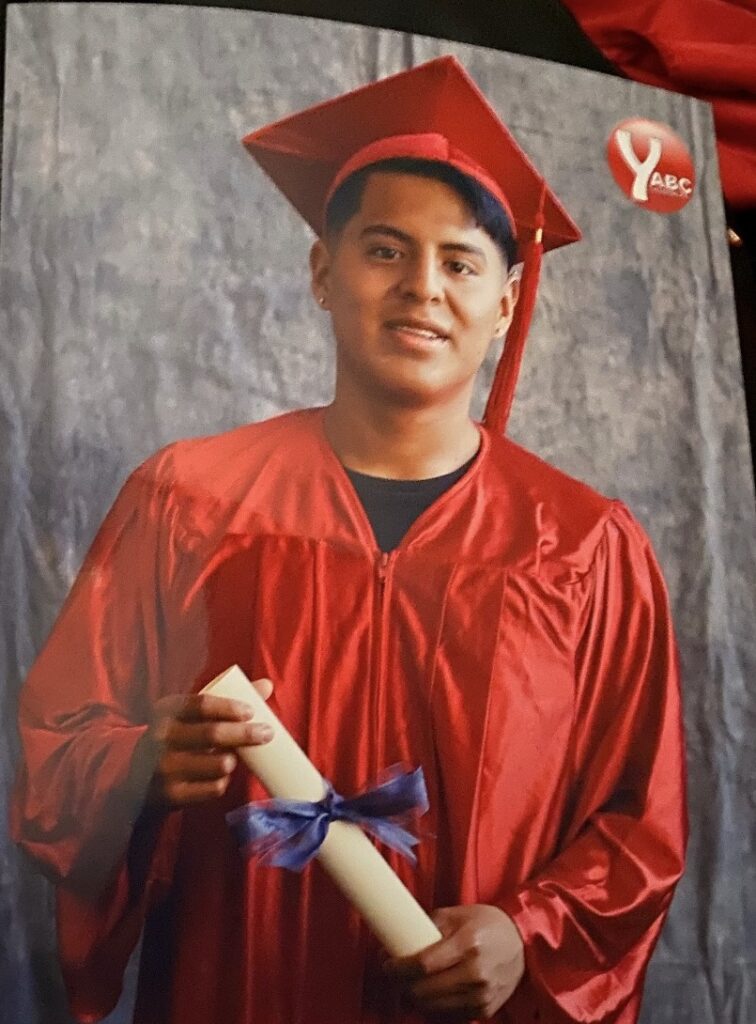
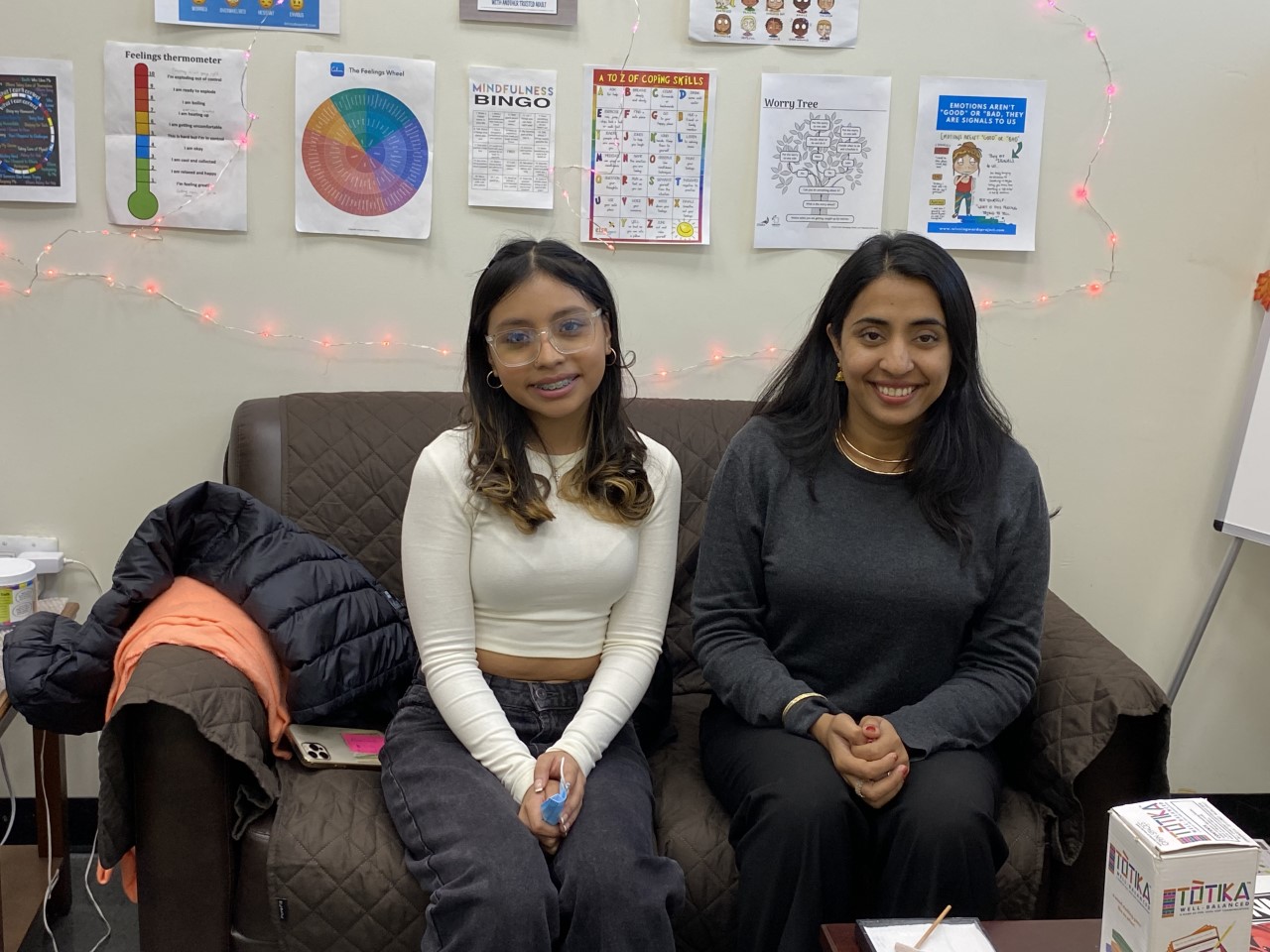
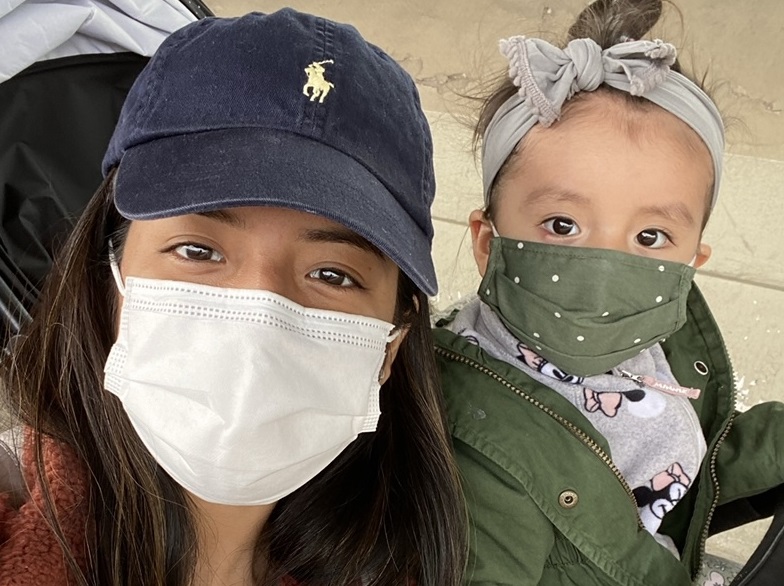
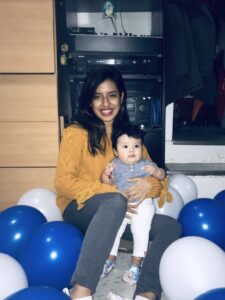 It took a whole year of services, but eventually, one day to another, she just started speaking, saying a couple words and clearly grasping lots of different things.
It took a whole year of services, but eventually, one day to another, she just started speaking, saying a couple words and clearly grasping lots of different things.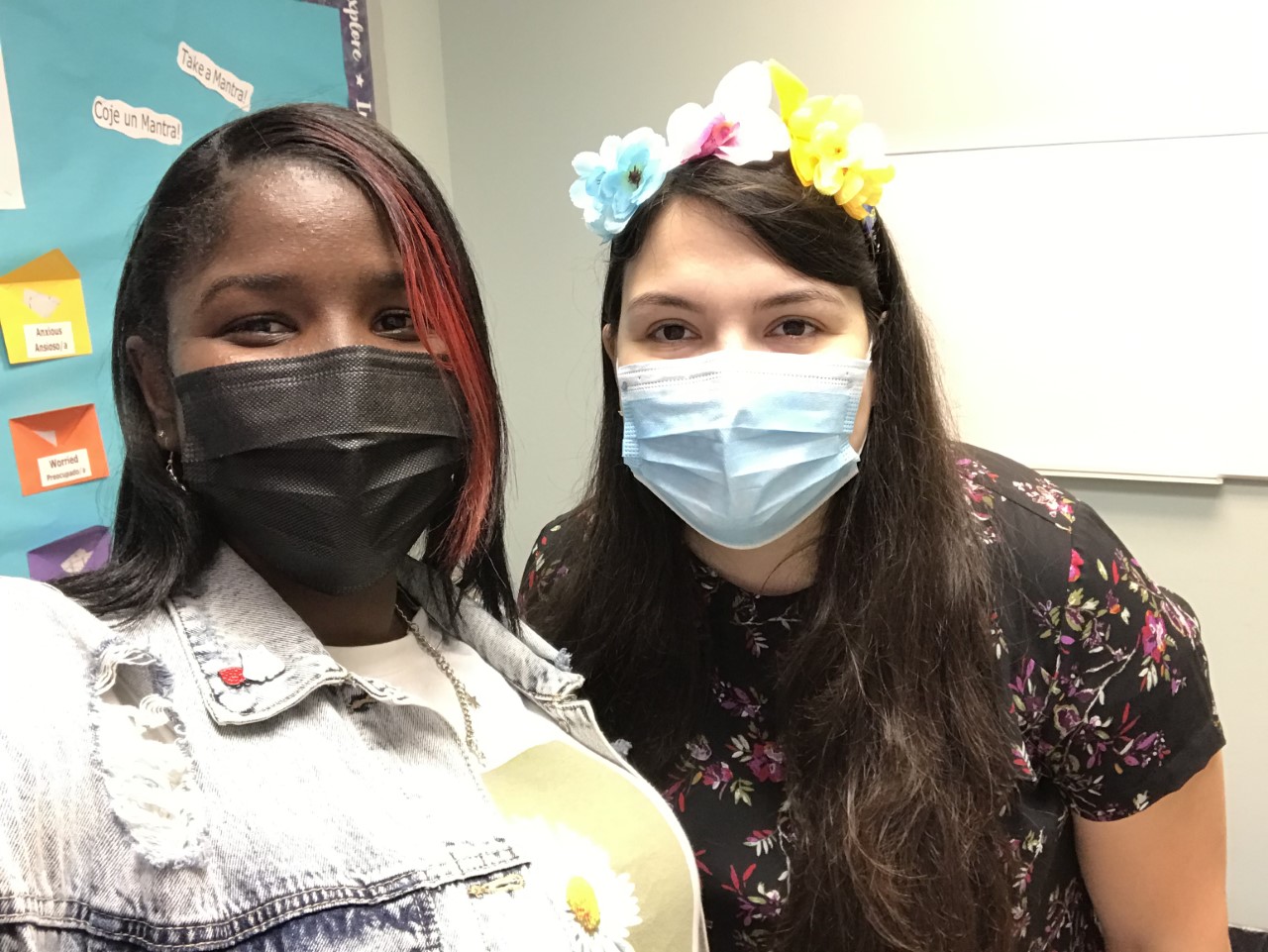
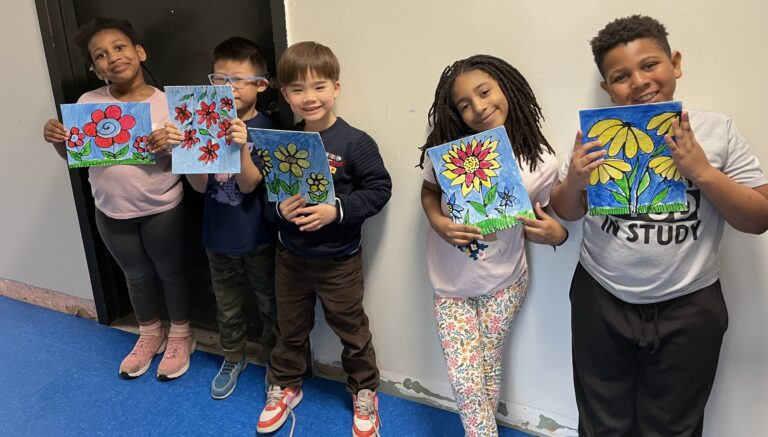
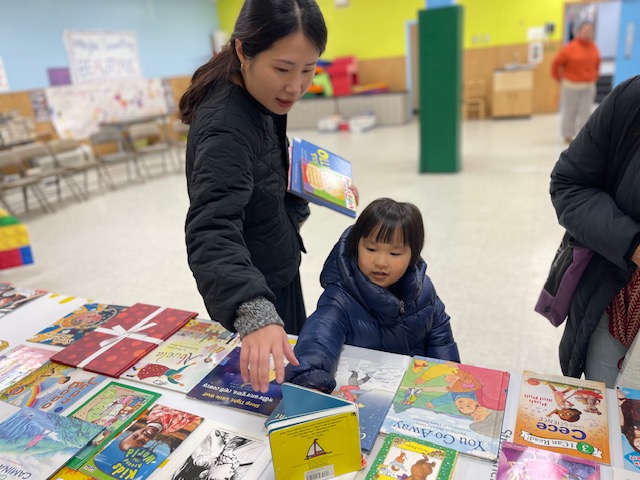
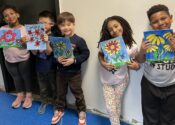
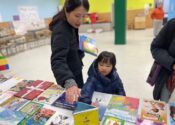


You must be logged in to post a comment.